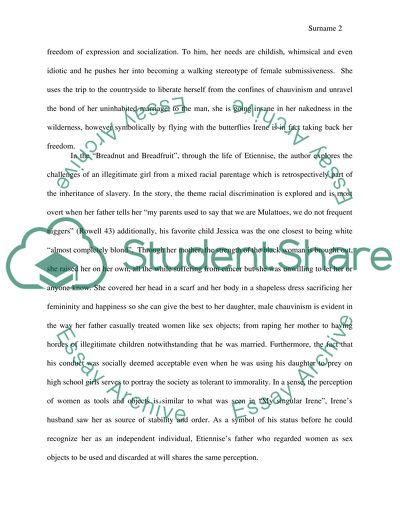Cite this document
(“African Diaspora Essay Example | Topics and Well Written Essays - 1000 words”, n.d.)
Retrieved from https://studentshare.org/literature/1486406-african-diaspora
Retrieved from https://studentshare.org/literature/1486406-african-diaspora
(African Diaspora Essay Example | Topics and Well Written Essays - 1000 Words)
https://studentshare.org/literature/1486406-african-diaspora.
https://studentshare.org/literature/1486406-african-diaspora.
“African Diaspora Essay Example | Topics and Well Written Essays - 1000 Words”, n.d. https://studentshare.org/literature/1486406-african-diaspora.


